- Dog CareDog LifeCommunity
- Photo Contest
Photo Contest- Giveaways
How Do We Love Our Dogs? Let Us Count the Ways…
A recent survey of 1,000 U.S.-based respondents, conducted by Angi, reveals just how much influence our pets have:
73% of pet owners would rather stay at home with their pets than go out with their friends.
63% share food with their pets when cooking.
50% would break up with their romantic partner if they were not accepting of how their pet was treated in the household.
85% allow their pet on the couch. The majority (57.5%) use a cover or protector for their couch to keep it clean from all the dirt their pets would drag in.
78% allow their pets to sleep in their bed.
88% of respondents considered their pets’ happiness when looking for a home or apartment, with the most important happiness factors being:
- The size of the yard
- Having a fenced yard
- Living near pet-friendly neighbours
This article originally appeared in the award-winning Modern Dog magazine. Subscribe today!
Top 5 Benefits of a Vegan Dog Diet
Plant-based diets offer a wide range of health benefits, which makes them a great fit for dogs of all shapes, sizes, and ages. If your pup suffers from chronic symptoms like itchy skin, digestive issues, joint pain, or eye discharge, it might be time to try a nutritionally-complete vegan diet. Below are 5 incredible health benefits that you can expect when switching your pooch to plant-based.
Allergen-friendly
According to experts at Cummings Veterinary Medical Center at Tufts University, "The most commonly reported food allergies in dogs are chicken, beef, dairy, and egg…What surprises many pet owners is that grains are actually uncommon causes of food allergies – most pets are allergic to animal proteins." Food allergies can cause a variety of symptoms in dogs, including rashes, dry and itchy skin, loose stool, constipation, gas, vomiting, eye discharge, yeast infections, and fur loss. Exposure to allergens over time is a health concern, as it compromises the immune system. Plant-based diets are naturally allergen-friendly, meaning that your pup can finally get some relief from those chronic, uncomfortable symptoms.
Easily digestible
Vegan formulas commonly help dogs with a whole range of digestive issues, from loose stool to constipation to gas. Conversely, meat-based dog foods are often hard on the digestive system due to the acidifying and inflammatory effects of animal protein. Because plant-based ingredients are gentle on digestion and often free of irritating allergens, they can help clear up symptoms in even the most sensitive of pups.
Anti-inflammatory
Compared to animal-based foods, plant-based foods are naturally anti-inflammatory, which means they can help relieve joint pain and arthritis (making them an excellent fit for senior dogs). Dogs who switch to a vegan diet often experience improved mobility, which means stronger muscles, longer walks, and more endurance at the dog park.
Weight management
Made with lean and easily digestible ingredients, vegan dog food formulas are a great choice for dogs who have trouble maintaining a proper weight. Overweight dogs often shed excess pounds after making the switch, helping them stay lean and live longer, more active lives.
Improves energy levels
Switching your dog to a vegan diet can help them regain puppy-like energy due to the clean, readily-available nutrition (without the negative effects from meat-based and byproduct-heavy food). Plant-based pups often find boundless energy on their new diets, which contributes to a higher quality of life.
Is your pup ready to make the switch to a cleaner, healthier diet? At v-dog, we've seen thousands of dogs reap the health benefits of our 100% plant based products, receiving A+ checkups at the vet. Our kibble is nutritionally complete and balanced, meets AAFCO guidelines, and free of byproducts, fillers, and common allergens. Learn more about what we do at v-dog.com.
Introducing the Fraser Valley Grub Formula from KASIKS
Taplow Ventures LTD., is pleased to announce a NEW and NOVEL protein source with the introduction of our canned Fraser Valley Grub Formula. KASIKS canned products are produced at Coastwise Processors Inc., our human-grade canning facility located in British Columbia, Canada.
Insect protein has become increasingly popular over the past few years as part of the human diet.
Insects are Eco-Friendly, Novel, Clean & Healthy:
Insect protein is equal and in some cases higher in protein and fat than traditional sources
Zero methane production
No added hormones, antibiotics or steroids
GMO Free
Reduced water consumption in farming insects over that of other animal protein options
Low environmental impact and source of excellent nutrients
Kasiks Pet food is sourcing our soldier fly larvae from within our community. Enterra Feed Corporation is a CFIA approved farming facility located in British Columbia, Canada. Enterra feeds excess fruit, vegetable and grain from human food production.
“North American and European consumers are continually seeking unique quality protein sources for their pets. Insect protein is a part of many peoples’ diets. Our KASIKS Fraser Valley Grub formula contains insect to enhance the fat and protein of the diet.” – Michael Florian, President & Founder KASIKS Pet Foods
Whisk and Wag Treat Mixes
Leela, Modern Dog's office Corgi, loved baking Whisk and Wag's Herb and Cheddar biscuits at home with her dad! Your dog too can experience freshly baked treats at home with Whisk and Wag's treat mixes. By combining the ready-to-bake treat mixes with oil and water, you can add some homemade love to your dog's treats, making the experience even more perfect! Also available in Apple & Cinnamon and Honey & Oats fllavours, these tasty treat mixes are also super nutritious, as they encourage a healthier skin and coat. Bonus: these treats also support gut, immune, and bone health, and can provide a great bonding experience with your pup over the holidays! – ERM
Try Cruelty-Free Food From KETUNPET
The world is changing because people are changing. People want to know more about what they eat, they want to eat healthier and they want to be environmentally friendly.As they look into their diets, they also are more interested in the food their loved pets eat. Healthier food makes a happier dog, with a longer life span, better quality of life and less visits to the vet.
Ketunpet is the perfect answer: FDA approved, cruelty-free, formulated with 100% vegetable protein. A wholesome and balancedformula specially designed for puppies or adult dogs with no artificial colors or flavors.
Ketunpet’s quality is very high. It starts from the unique packaging offering an exclusive one-way valve that allows air out only and no moisture in, keeping the food dry and tasty to the last kibble and continues with great ingredients combined to provide all the nutrients your dog will need as a puppy to grow strong or as an adult dog to keep the proper weight and live a long and healthy life.
Ketunpet is cruelty-free, cholesterol-free, fat-free, gluten-free, very low in sodium, hypoallergenic, no artificial colors or flavors for a healthy heart, joints, bones and muscles, even preventing cataracts and hypothyroidism.
Awareness is growing. The attention of pet owners worldwide is focused on nutrition, pet health and cruelty-free products.
The more you know, the more you learn, the better decision you will make.
Ketunpet is food with a purpose: Better Health – Longer Life.
Redbarn Pet Products Releases New Wildwood Stews for Dogs
Satisfy your dog’s inner hunter with new canned food with flavors straight from the woods! Redbarn Pet Products, a premium manufacturer of pet food, treats and chews, is proud to announce the latest addition to their canned food line, Redbarn Wildwood Stews. Redbarn co-owner Howard Bloxam remarked, "In keeping with customer desires for unique protein diet options, we sought to create a food that supported both pets with stomach sensitivities and catered to their other health needs. With our new Redbarn Naturals Wildwoods Canned Stews, we think we’ve hit the mark.” Redbarn co-owner Jeff Baikie added, “Since 1996, Howard and I have worked to manufacture the best natural chews and food. We think our new stews are a reflection of this standard.” Redbarn Wildwood Stews are a premium diet option for picky pets.
Today, it is just as important to know what is in pet food as what isn’t. Redbarn Wildwoods Canned Food that features novel proteins like Trout, Duck, and Quail in a delectable gravy that your dog will love. Like all recipes in the Redbarn Canned line, premium protein is the first ingredient. Additionally, Wildwood Stews are free from common canine allergens like soy and corn. Every recipe in Redbarn’s Canned Food line is grain-free, features natural ingredients and added superfood functional ingredients to support common dog health needs. Recipes include support for weight control, healthy teeth and bones, and joint health. Each can has 16 ingredients or less, plus added vitamins and minerals. They're also made in the USA, so you can trust the safety and quality in every can.
Choosing the best food to aid in your pet’s health is just as important as the location where the ingredients are sourced and manufactured. Redbarn is proud to manufacture our Wildwood Canned Stews in the USA, guaranteeing both high standards for quality assurance and American jobs. Look for the “Made in the USA” label, which means that every can ships straight from our Great Bend, Kansas plant.
About Redbarn Pet Products, LLC:
In 1996, Redbarn co-owners (and lifelong friends) Jeff Baikie and Howard Bloxam recognized the need for a wholesome dog food that was developed, produced and sold with integrity, honesty and only top quality ingredients. They developed the signature Redbarn Rolled Food, an enhanced food with over 93% digestibility. Soon, they began manufacturing premium, grass-fed bully sticks and other natural chews. In 2013, responding to customer’s demands, Jeff and Howard created the grain-free Redbarn for Cats line. Redbarn is proud to be celebrating 20 years of providing products and information to help our customers in making educated, nutritious decisions for their pets.Raw Wild’s Raw Dog Food
People are thinking more about what they eat, recognizing that their health and well-being comes from the food they consume. The same applies to our four-legged family members. That's why I really like Raw Wild's Raw Dog Food because I know that my pups are getting high quality food, made from natural ingredients like elk and deer.
Animals Instinct food warmer
The Animals Instinct pet food warmer is one of those ingenous things that you never knew you needed. This low-watt oven keeps your canned food at th perfect temperature for your dog to enjoy! It enhances the flavours in the food, and helps the food to easily slide out of the can. Give your dog the warm and delicious treat he deserves! -TC
Spice Up Your Dog’s Life
Wondering if your dog is eating a balanced and healthy diet?
A recent conversation after training class prompted a lively discussion from my classmates on adding supplements to dogs’ food to help boost their nutrient intake. “I worry that Buddy isn’t getting enough vitamins and minerals!” “I want Brandy’s coat to look better” “How can I keep Molly’s immune system healthy?” were typical of their comments.
There is no replacement for a well-balanced diet, whether you buy it in a bag or can or prepare it at home, but adding a supplement or two, such as the ones discussed below, may give your dog a bit of a nutritional boost and help to optimize his health.
As always, make sure your vet is aware of any supplements that you give—or plan to give—your dog. While the supplement itself may be safe, it may interact with a medication that your dog is taking or it may be a factor in diagnosing a particular issue that your dog is having. Keep a list of what you are using and how much you are feeding, and make sure to take that information along with you to vet appointments.
It is also important not to over-supplement. Vitamins and minerals can be toxic at high doses causing your dog to become very sick. Check the label for any supplement you use and make sure you adjust your dog’s diet accordingly.
Note that all serving suggestions are for a medium-sized dog (30 to 50 lbs; 14 to 23 kg). If your dog is larger or smaller, please adjust accordingly. The suggestions are also intended for normal, healthy dogs. A dog with a chronic disease or which is undergoing treatment for a particular disease may have vastly different nutritional requirements.NUTRITIONAL (ENGEVITA) YEAST
Nutritional or engevita yeast is yeast (usually Saccharomyces cerevisiea) that has been grown under controlled conditions and then treated with heat so that it is no longer active. Often used by people who are vegetarians, this yeast has a slightly nutty or cheesy flavour. People use it as a flavour enhancer for foods, including as a topping for popcorn. It is very rich in B-vitamins, which play a role in the metabolism of fat, carbohydrate, and proteins and are critical for your dog’s health. Dogs do not require large amounts of B vitamins and many are actually made by the bacteria in the dog’s large intestine, so it is rare for a dog to be deficient in B vitamins. Try sprinkling a small amount (less than a teaspoon) on your dog’s dinner to improve palatability, or next time you make popcorn, use nutritional yeast instead of salt and share a light, healthy snack with your pup.
BREWER’S YEAST
Brewer’s yeast (also Saccharomyces cerevisiea) is a by-product of beer production. This yeast is inactivated. It has a bitter taste and a different nutrient profile than engevita yeast. It is also a very good source of the B vitamins, as well as containing iron, magnesium, potassium, zinc, and copper. Deficiencies of these nutrients can cause problems with growth, weight maintenance, skin, and coat condition. Try mixing a tablespoon of brewer’s yeast with plain yogurt and sharing it as an afternoon snack.
Note: NEVER feed live baking yeast or raw yeast dough. The live yeast will continue to expand in your dog’s stomach and can make her very ill.
SEEDS
There are a number of plant seeds that are gaining in popularity as super seeds. These can be excellent sources of nutrients, especially fatty acids, but there is very little scientific research on feeding these to dogs. Although they have a history of safe use and appear to be non-toxic, you may want to limit your use of these super seeds. The calorie-laden fats in these seeds are another reason to keep consumption low.
Hemp products, from oil to seeds to fibre, are growing in popularity. A trip to your local pet store may even turn up hemp-based dog toys. But the real goodness of hemp is found in the seeds. These seeds are rich in fatty acids, providing a good balance between omega-3 and -6 fatty acids, and are a good source of protein, iron, magnesium, and zinc. Fatty acids promote healthy skin and coat condition. Try adding 6 g (1 1/2 teaspoon) to your dog’s morning meal, or mixing with a bit of canned food and stuffing a Kong with the mixture.
With a reput
ation in the human health realm as providing sustained energy for runners and being great for hair and nails, chia may be a true super seed. These little seeds have an incredible capacity for absorbing water and are best soaked before consuming. This property along with their high fat and fibre content probably contribute greatly to a slow absorption rate, resulting in sustained energy release.
As a great source of fibre, chia may be a good supplement to add for dogs on a weight-loss regimen, but watch those calories: since chia is rich in fatty acids, a small amount is often enough. Chia seeds are much higher in omega-3 fatty acids than omega-6 and may not be a balanced fatty acid supplement. Make sure your dog’s overall diet has another source of omega-6 fatty acids before adding chia seeds. The fatty acids in chia will contribute to a healthy coat and may be a good alternative source for dogs that are sensitive to fish and fish oil. Chia seeds are also a source of minerals such as manganese, copper, and zinc.
Try adding a teaspoon directly on your dog’s dinner if he eats a moist food, or soak a teaspoon in water or low sodium broth and mix with a dry food. Always make sure your dog has access to plenty of fresh water. Since chia is both fibre- and fat-rich, be careful to start with a small amount and test your dog’s tolerance, as some dogs don’t process this well.
TURMERIC
Turmeric is one of the most promising cancer prevention foods and can be found in
your spice rack. The active compound in turmeric is curcumin, which has been shown to prevent the growth or spread of cancer cells in many types of cancer. It does this by acting as an anti-inflammatory and antioxidant, and by encouraging cell death. Although there are no studies in dogs that prove a clear cancer preventive function, there are many studies done in other species and with cells that clearly demonstrate curcumin’s efficacy against cancer cells. For example, a dose of 80 mg/kg body weight was effective in preventing induced cancer in guinea pigs. While this may not be directly relatable to dogs, it does show that only a small amount should be required. Next time you make a batch of dog treats, add a couple of teaspoons of turmeric to the recipe. You’ll add a new flavour for your dog to try and will boost her intake of antioxidants. For a great recipe including tumeric, check out this Turkey and Sweet Potato Pie dog dinner!
VITAMIN C
Vitamin C, or ascorbic acid, is frequently used by manufacturers as a natural preservative in packaged food. The body requires vitamin C to make collagen, an important component of skin, tendon, and ligaments. In addition, vitamin C plays a role in antioxidant protection in the body. Since a dog’s system can make vitamin C, young and healthy dogs have no real need for supplements; however, dogs with chronic kidney disease or geriatric dogs may need extra vitamin C. Note that if you are feeding a special diet formulated for a dog with kidney disease or a geriatric dog, there is usually additional vitamin C already added to this diet.
Recently, there has been a lot of press on the beneficial effects of antioxidants in slowing the progression of Canine Cognitive Dysfunction (CCD), the canine form of Alzheimer’s disease. CCD starts in late middle age and can manifest as forgetfulness, panic, not recognising owners, and disruption in sleep/wake patterns. Research at the University of Toronto found that a diet very high in antioxidants resulted in slowing the progression of CCD. The ingredients used in this diet were high in vitamin C and vitamin E. If you are concerned that your dog may have CCD, talk to your veterinarian about treatment options, which may include feeding a special “brain diet.”
In the 1970s, some believed that adding vitamin C to a large-breed puppy’s diet would help prevent hip dysplasia or elbow dysplasia. Unfortunately, studies were never able to prove that vitamin C was of any benefit in preventing developmental bone diseases in growing puppies. In fact, a more recent study found that supplementing 16-week-old Labrador puppies with 500 mg of ascorbic acid increased the level of calcium in blood, which may actually cause bone problems.In humans, vitamin C has been thought to prevent bladder infections by making urine more acidic, and thus preventing bacteria from growing. In dogs, excess vitamin C is excreted in the urine as oxalate, the main component of calcium oxalate bladder stones, so if your dog is prone to developing bladder stones, consult your veterinarian before supplementing with vitamin C.
If you want to add some vitamin C to your dog’s diet, try feeding a bit of fruit such as apples and citrus fruits two or three times per week. The small amount of vitamin C in fruit is unlikely to cause any harm.
SPIRULINA
Spirulina is a type of cyanobacteria found in tropical and subtropical areas. High in protein, vitamins, minerals, and essential fatty acids, it makes an ideal addition to a healthy diet. However, spirulina also has some added health benefits above and beyond basic nutrition. In many experiments based both on animals and humans, it was found that spirulina supported heart health by lowering the amount of fat in the blood, as well as lowering inflammation.
The maximum dose should be 1 to 2 tablespoons for a 45 lb (20 kg) dog. As with all supplements and new foods, introduce it to your dog slowly over time.
LECITHIN
Lecithin, which is found naturally in many plant oils such as soybean oil, is a phospholipid, a type of fat that the body uses to make cell membranes. There are billions of cell membranes in your body which makes phospholipid a very important molecule. Animals deficient in phospholipids may have delayed cognitive function, impaired wound repair, and skin break down. Modified lecithin (Phosphatidylserine or PS) may be helpful in improving brain function. In recent rat research, it was found that daily doses of PS given to geriatric rats greatly improved the rats’ performance in a maze. Human patients with senile dementia also had improved memory when they received daily doses of PS, and studies also show promising results in older dogs suffering with CCD. Several products with PS are available for dogs suffering from CCD contain PS; ask your veterinarian for more information. In addition, anxious dogs may benefit from supplements, since PS is thought to increase the level of serotonin in the brain.
NORI
Nori is a type of seaweed found in Japanese cuisine that is readily available in many grocery stores or specialty stores. Human consumption of nori is increasing, and it is only natural that people might wonder whether their canine friends might also
benefit from a little crunchy seaweed. Nori is high in protein and low in fat which makes it a nice treat choice for the diet-conscious dog. The little fat it contains is mostly omega-3 fat which makes nori and other seaweeds a good choice for omega-3 fat supplementation. Fish, flax, and vegetable oils are still the best source for omega-3, but nori deserves an honourable mention. Nori has high levels of vitamins and minerals, but they are not readily available to the body.
While there is no research investigating the health benefits of nori for dogs, studies found that rats fed a diet high in cholesterol and nori had a significantly lower degree of fat deposits in their livers than rats fed the high-cholesterol diet without nori.
Unfortunately, nori can have high levels of heavy metals such as mercury and arsenic because of seawater pollution, so it is best to limit the amount of nori you feed to your dog. For a medium-size dog, limit the amount of nori you feed to 50 g per week; most sheets of nori are only five grams so a medium-sized dog could have up to ten of these sheets a week
APPLE CIDER VINEGAR
Apple cider vinegar (ACV), made from double fermenting fall and winter apples to produce acetic acid (vinegar), is often touted as a cure-all for many things including treatment of allergies and preventing diabetes. There are many recipes online for those who are interested in making their own ACV and it is also readily available from health food stores and most drug stores. In recent research, diabetic rats fed ACV had a significantly reduced level of LDL cholesterol (bad cholesterol) and a significant increase in HDL cholesterol (good cholesterol).
When managing diabetic dogs, it is important to follow your veterinarian’s advice to prevent serious treatment complications, so if you would like to incorporate ACV into your diabetic dog’s treatment plan, talk to your vet. For non-diabetic dogs, ACV may provide some health benefits, especially for dogs attempting to lose weight. The dose of ACV should be 1000 mg per day for a medium-sized dog.
MODIFIE
D CITRUS PECTIN (CHEN PI)
There are few words that terrify us more than the word cancer. It terrifies us because we feel so powerless to do anything about it. Well, there are some things that we can do. We can try to keep our dogs as healthy as possible using safe and natural supplements such as modified citrus pectin (MCP). In multiple studies, MCP has been found to reduce cancer cells’ ability to invade healthy tissue. This is a fairly new nutritional support for cancer, so exact dosing for dogs is still not known. It is best to work with your vet to determine the right dose for your dog.
Looking for more options to keep your dog's diet fun and exciting? Check out these vegetables that dog's can eat!
Dogify Your Inbox
Sign up for the FREE Modern Dog Magazine newsletter & get the best of Modern Dog delivered to your inbox.
"*" indicates required fields
By clicking the arrow, you agree to our web Terms of Use and Privacy & Cookie Policy. Easy unsubscribe links are provided in every email.
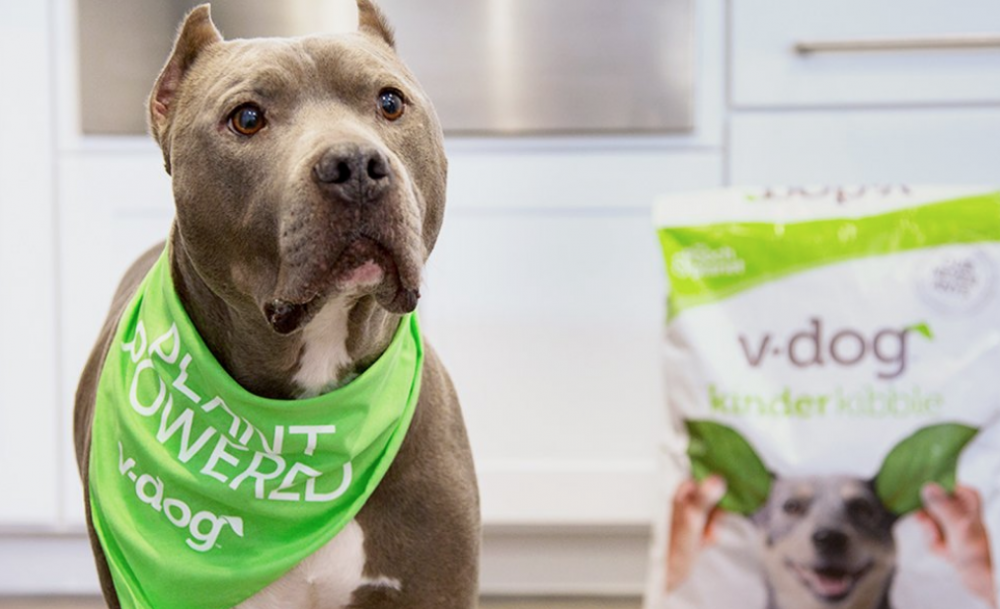
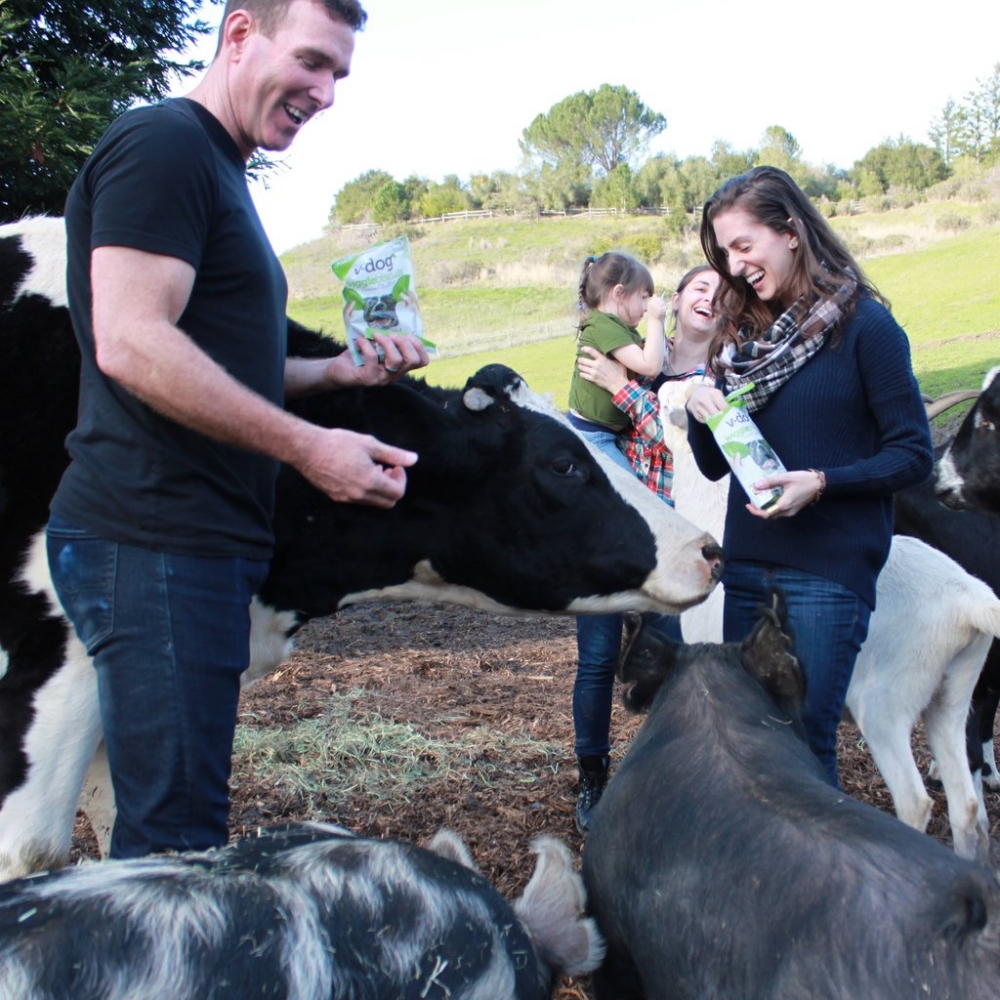
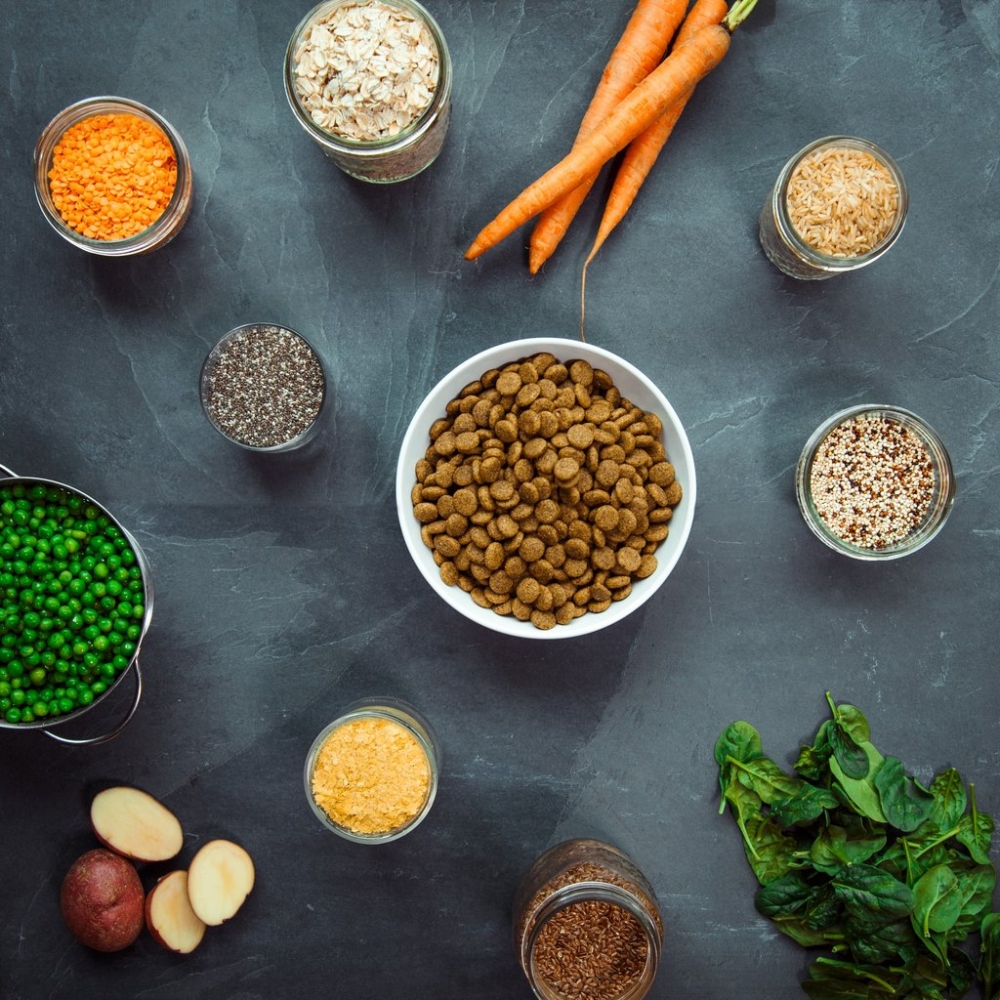
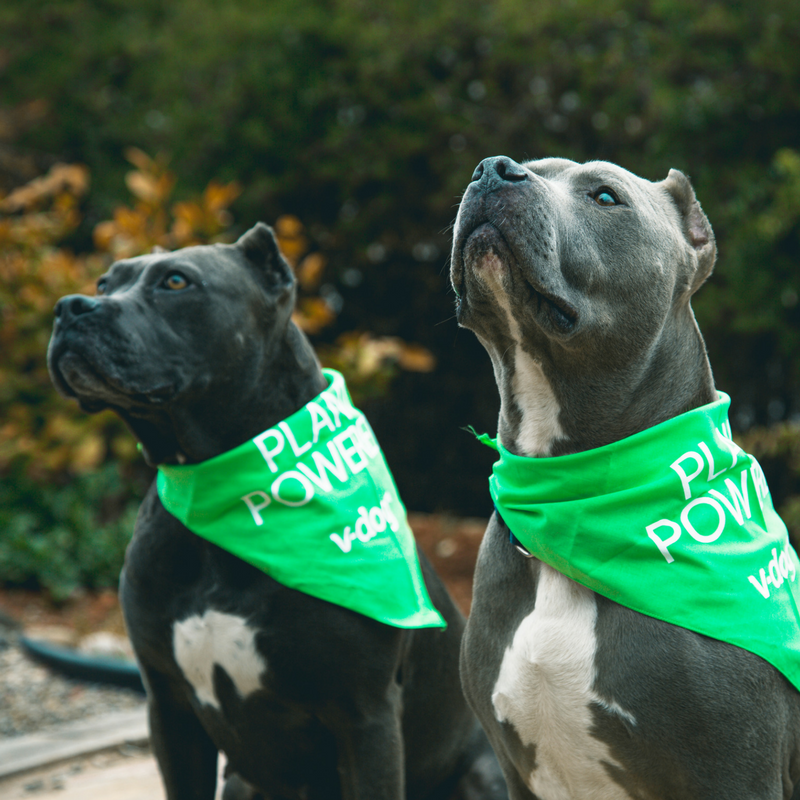
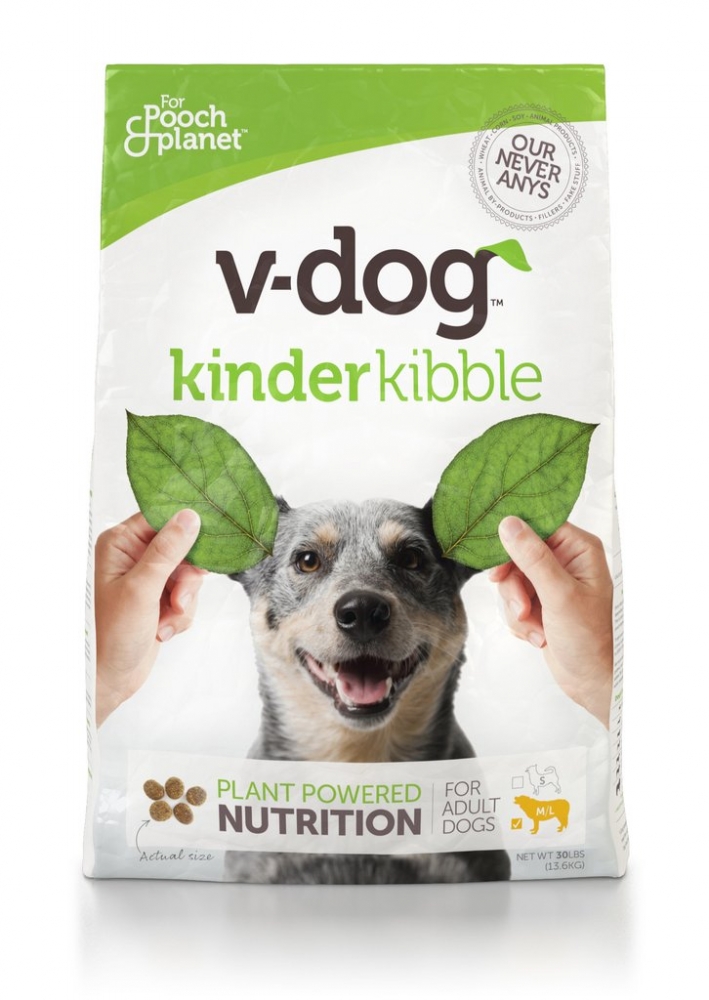
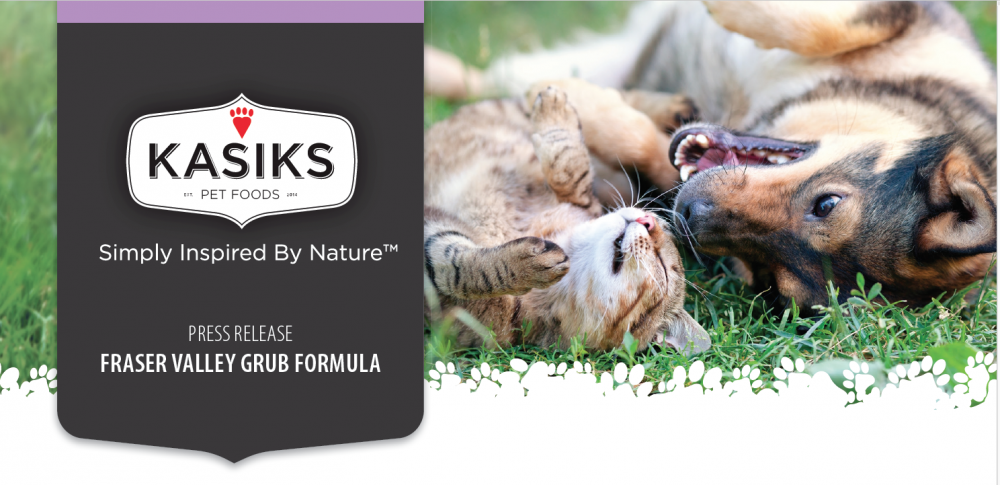
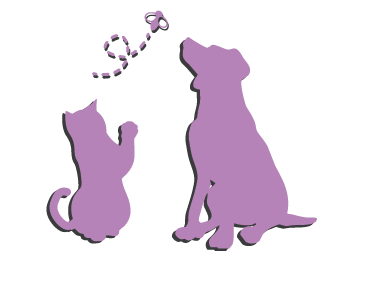

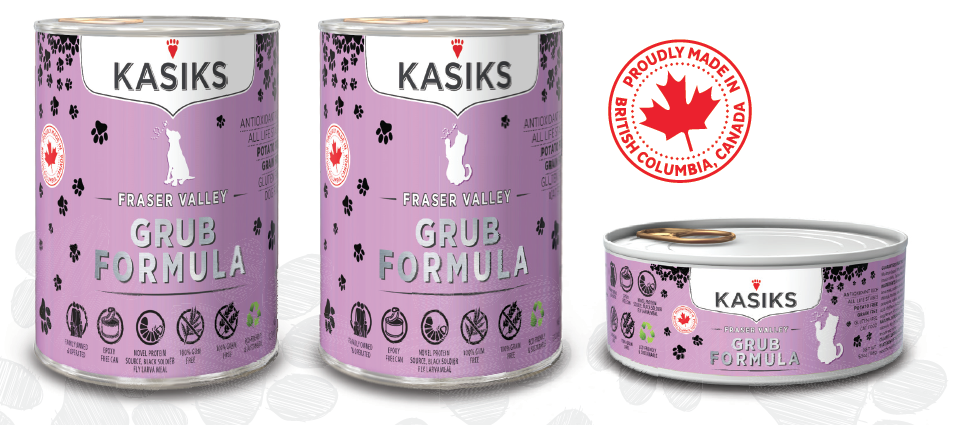
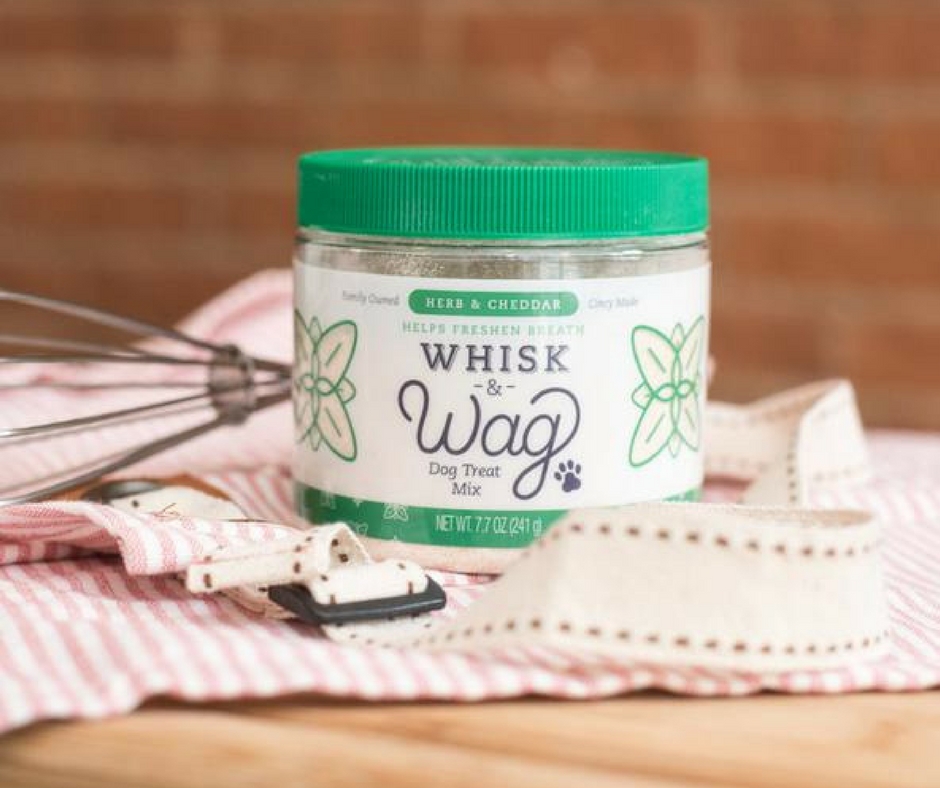

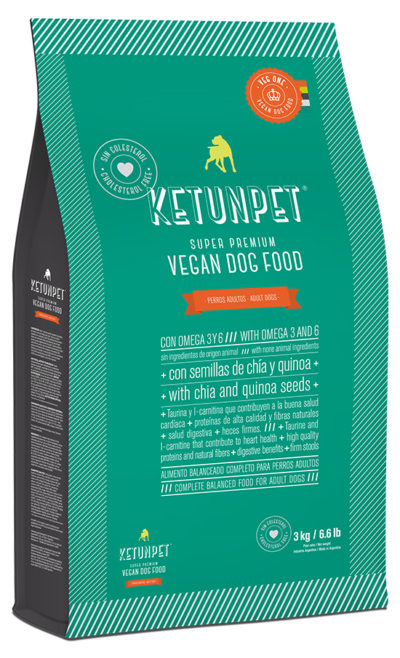 Ke
Ke
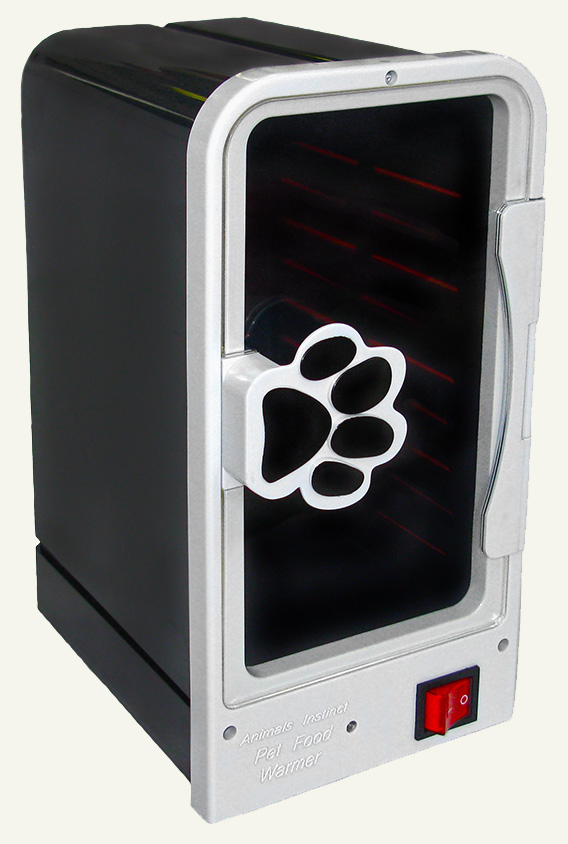

 ation in the human health realm as providing sustained energy for runners and being great for hair and nails, chia may be a true super seed. These little seeds have an incredible capacity for absorbing water and are best soaked before consuming. This property along with their high fat and fibre content probably contribute greatly to a slow absorption rate, resulting in sustained energy release.
ation in the human health realm as providing sustained energy for runners and being great for hair and nails, chia may be a true super seed. These little seeds have an incredible capacity for absorbing water and are best soaked before consuming. This property along with their high fat and fibre content probably contribute greatly to a slow absorption rate, resulting in sustained energy release.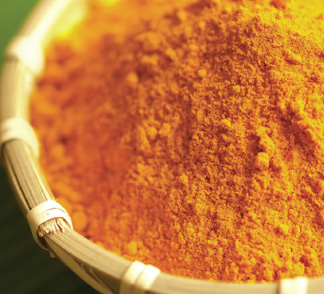 your spice rack. The active compound in turmeric is curcumin, which has been shown to prevent the growth or spread of cancer cells in many types of cancer. It does this by acting as an anti-inflammatory and antioxidant, and by encouraging cell death. Although there are no studies in dogs that prove a clear cancer preventive function, there are many studies done in other species and with cells that clearly demonstrate curcumin’s efficacy against cancer cells. For example, a dose of 80 mg/kg body weight was effective in preventing induced cancer in guinea pigs. While this may not be directly relatable to dogs, it does show that only a small amount should be required. Next time you make a batch of dog treats, add a couple of teaspoons of turmeric to the recipe. You’ll add a new flavour for your dog to try and will boost her intake of antioxidants. For a great recipe including tumeric, check out this
your spice rack. The active compound in turmeric is curcumin, which has been shown to prevent the growth or spread of cancer cells in many types of cancer. It does this by acting as an anti-inflammatory and antioxidant, and by encouraging cell death. Although there are no studies in dogs that prove a clear cancer preventive function, there are many studies done in other species and with cells that clearly demonstrate curcumin’s efficacy against cancer cells. For example, a dose of 80 mg/kg body weight was effective in preventing induced cancer in guinea pigs. While this may not be directly relatable to dogs, it does show that only a small amount should be required. Next time you make a batch of dog treats, add a couple of teaspoons of turmeric to the recipe. You’ll add a new flavour for your dog to try and will boost her intake of antioxidants. For a great recipe including tumeric, check out this 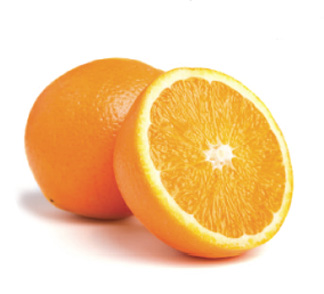 Recently, there has been a lot of press on the beneficial effects of antioxidants in
Recently, there has been a lot of press on the beneficial effects of antioxidants in 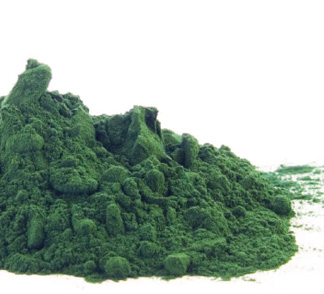
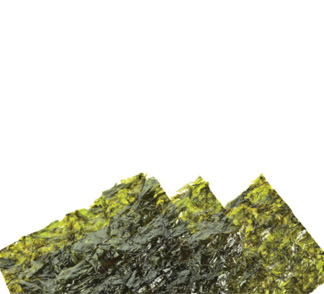 benefit from a little crunchy seaweed. Nori is high in protein and low in fat which makes it a nice treat choice for the diet-conscious dog. The little fat it contains is mostly omega-3 fat which makes nori and other seaweeds a good choice for omega-3 fat supplementation. Fish, flax, and vegetable oils are still the best source for omega-3, but nori deserves an honourable mention. Nori has high levels of vitamins and minerals, but they are not readily available to the body.
benefit from a little crunchy seaweed. Nori is high in protein and low in fat which makes it a nice treat choice for the diet-conscious dog. The little fat it contains is mostly omega-3 fat which makes nori and other seaweeds a good choice for omega-3 fat supplementation. Fish, flax, and vegetable oils are still the best source for omega-3, but nori deserves an honourable mention. Nori has high levels of vitamins and minerals, but they are not readily available to the body.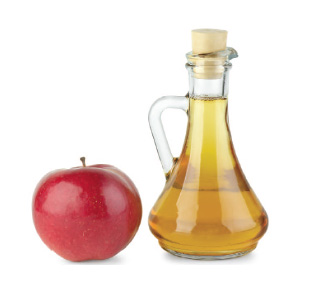
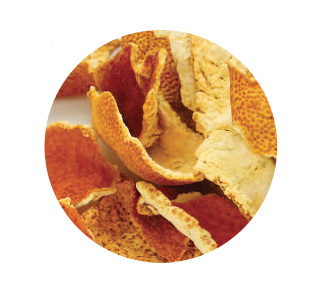 D CITRUS PECTIN (CHEN PI)
D CITRUS PECTIN (CHEN PI)